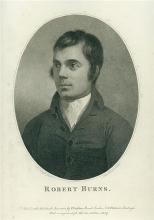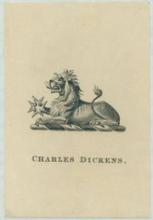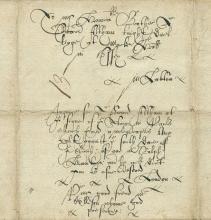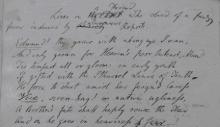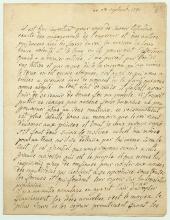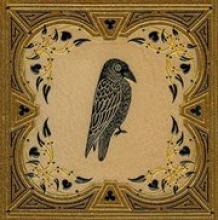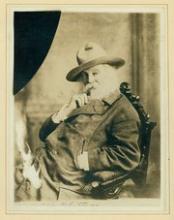Robert Burns on Auld Lang Syne
Submitted by Carolyn Vega on Fri, 12/31/2010 - 10:32amIn the early 1790s the Scottish music collector George Thomson approached Robert Burns, asking for help in compiling and editing his Select Collection of Original Scotish Airs. Burns readily agreed (although with the proviso that his name not be attached to the publication), and the nearly 60 letters from Burns to Thomson that survive are filled to the brim with working and fair copies of some of Burns’s most famous songs.
One letter, written in early September of 1793, discusses in detail no fewer than 74 songs – and it is within this letter, buried nearly at the end, that we find his full text to Auld Lang Syne.

